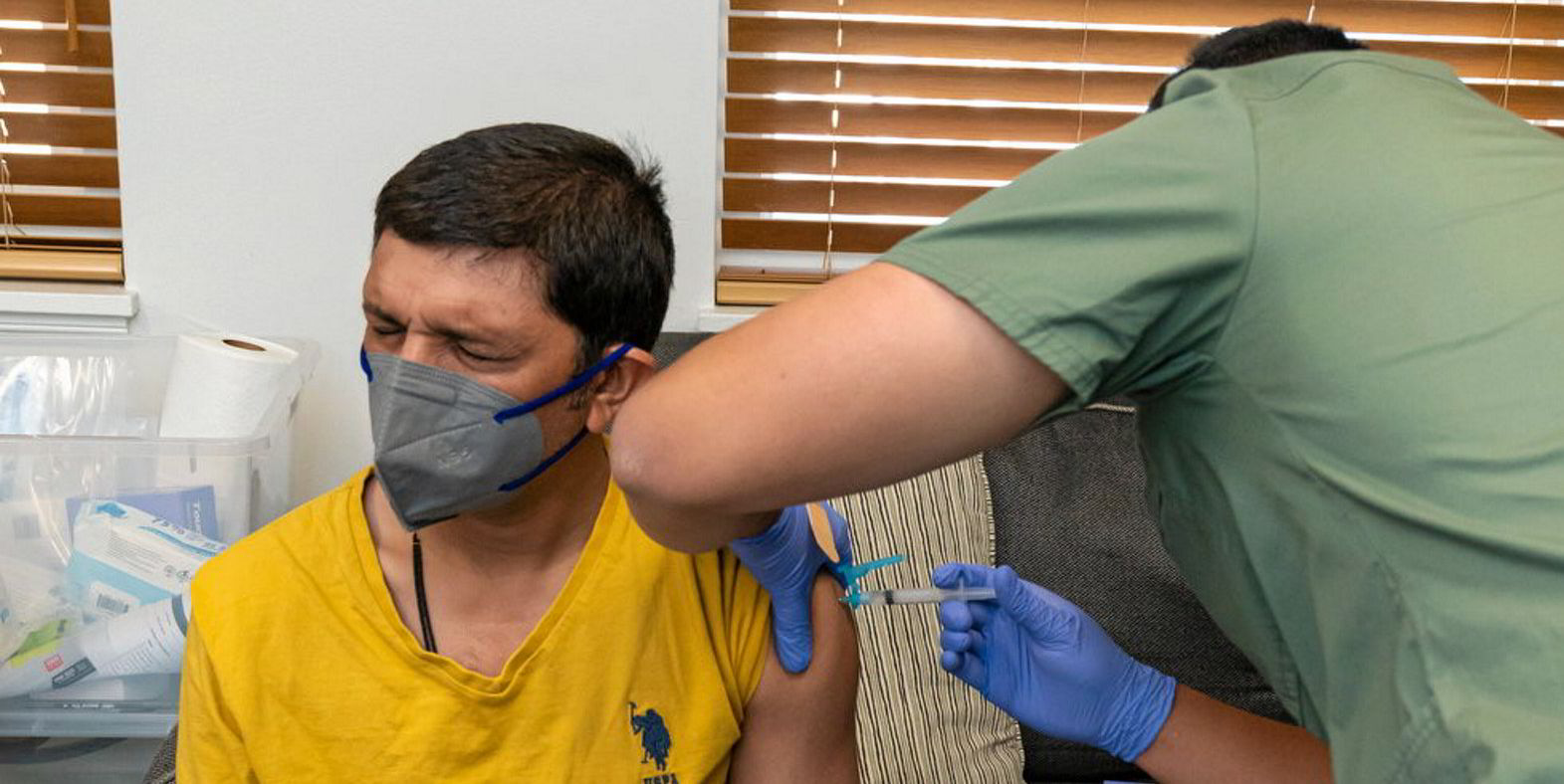Restrictions on the repatriation of Chinese seafarers implemented by Beijing in the run up to its Covid-19 zero-tolerance policy for the Winter Olympics are causing crews to be held up for weeks in hotels at massive cost.
European Union Schengen visa rules, which should be applied similarly across the EU, are being adhered to differently in various countries with Chinese crews being allowed to sign off in the Netherlands but not in Belgium, France and Spain, manning expert Boers Crew Services told TradeWinds.
Co-chief executive Hans Boers said the situation began to deteriorate late last year when Chinese embassies worldwide ruled seafarers must spend 14 days in quarantine after signing off from vessels.
Several ship managers confirm the changes have led to Chinese crews being stranded for long periods amid a lack of flights.
Boers said his firm currently has about 50 Chinese seafarers in a hotel near the Hook of Holland.
“I believe 22 from this group signed off at the beginning of January in Eemshaven. Flights have been cancelled and the crew are still there without valid visas,” he said.
Dutch immigration authorities have been fully updated about the situation, he stressed, and are prepared to help by putting them into the system the day before they are due to fly.
But Boers said hotel costs for the group are already at €50,000 ($57,000) without including the price of Covid tests and transport to clinics.
A crew change for Chinese seafarers is currently costing about €70,000 to €80,000 above normal levels, he said.
Flight prices are also high with Boers quoting €5,000 per seat for a flight from China booked for the end of February.
Boers said immigration authorities require flights to be booked to take up cases even though they know they will often be cancelled.
But he said communication is key and the Rotterdam-based crewing agency’s many decades of experience is helping it find ways to solve the problems.
He said it can start with talking to a ship owner or manager about the next direction of a vessel after it comes into the Antwerp-Rotterdam-Amsterdam range of ports.
If ships are heading to France or Spain, he said, it makes more sense to take crews off at Scheveningen than at a Rotterdam anchorage because there are too many other vessels, and it will take too long to get a tender boat out.

“As soon as we know this, we can start to get the job done with immigration. With 22 crew members they say no but if we do seven at a time they are not overloaded. In this situation, it works.”
Immigration cannot deal with so many people at one go because it takes up to half an hour to issue each visa, he explained.
But Belgium has stopped signing off Chinese crews without a Schengen visa in their passport after flights were cancelled and many seafarers were stuck in hotels, he said. The same is now true in France.
And China is stipulating that if crews get their original visas from a Belgian embassy and then sign off in a Dutch port they must fly via Belgium, he added. “The Chinese embassy does not understand how the Schengen visa works.”
Boers is now negotiating with Dutch authorities for a Chinese crew that was not allowed to sign off in Ghent, by making the changeover at sea.
Last year Boers Crew Services was able to repatriate crews on flights via the Philippines, but it is now much harder as Chinese seafarers are required to have a QR code showing they have been tested from the embassies of all countries they pass through.
Boers said he is concerned that more European countries will stop Chinese crews signing off if hotels continue to fill up.
“Today, I have waiting off the coast of Holland four vessels with Chinese crews wanting a complete changeover for other nationalities,” he said.
But he is hopeful the situation may be resolved once the Winter Olympics have ended, and China relaxes its zero Covid policy.
The company told TradeWinds last October it had gained 20% to 30% more customers over 2021 as ship operators sought its help to overcome the complexities caused by the pandemic.
It moves about 10,000 seafarers a year, which involves arranging about 20,000 visas with embassies worldwide.





